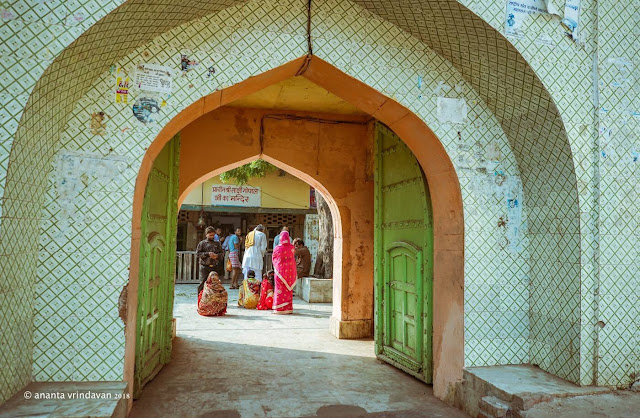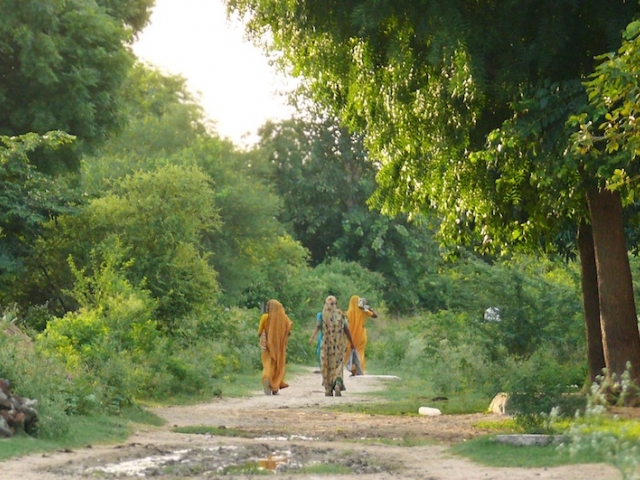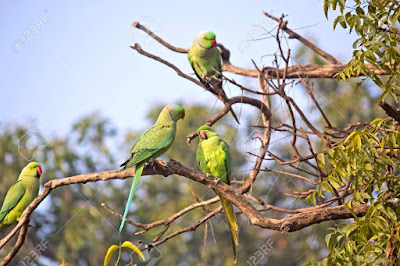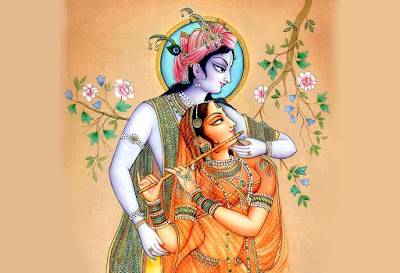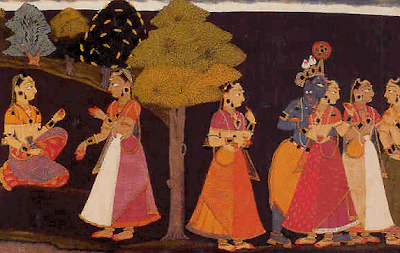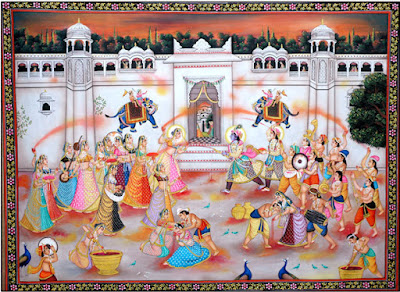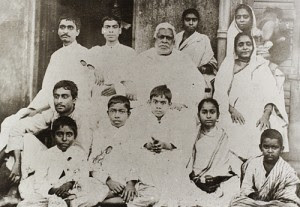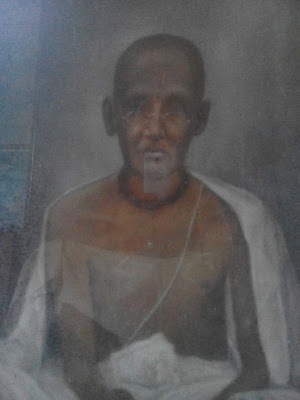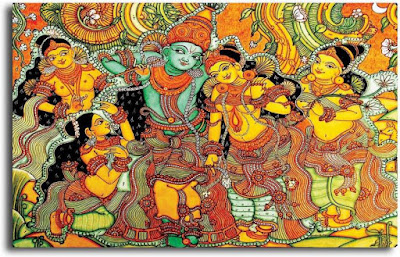VMA 1.44 :: Vrindavan, worshiped by munis, gods and divine beings
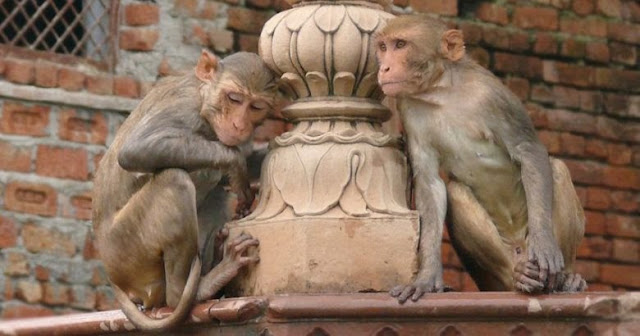
These guys don't look so menacing. They look a bit wistful at their condition as troublemaking beasts in the Dham. P.C. Hello Jammu News By her amazing potency and her own blessings, may that Vrindavan forest, which is worshipable by the greatest of the munis, by the gods, as well as by all the purest spiritual entities of the divine world, turn even contemptible animals like myself into servants of her lotus feet. (1.44) vṛndāṭavī vimala-cid-ghana-sattva-vṛnda- vṛndāraka-pravara-vṛnda-munīndra-vandyā | nindyān api sva-kṛpayādbhuta-vaibhavena mādṛk-paśūn sva-caraṇānucarān karotu || Commentary Sri Prabodhananda Saraswati, in the true humility of a great devotee, draws the contrast between the magnificent opulence of Vrindavan, worshiped by those who know the highest truths of the material and spiritual worlds, and himself. He compares himself to an animal, a paśu , a creature helplessly bound by the ropes of material nature. But Vrindavan is worshiped bec
